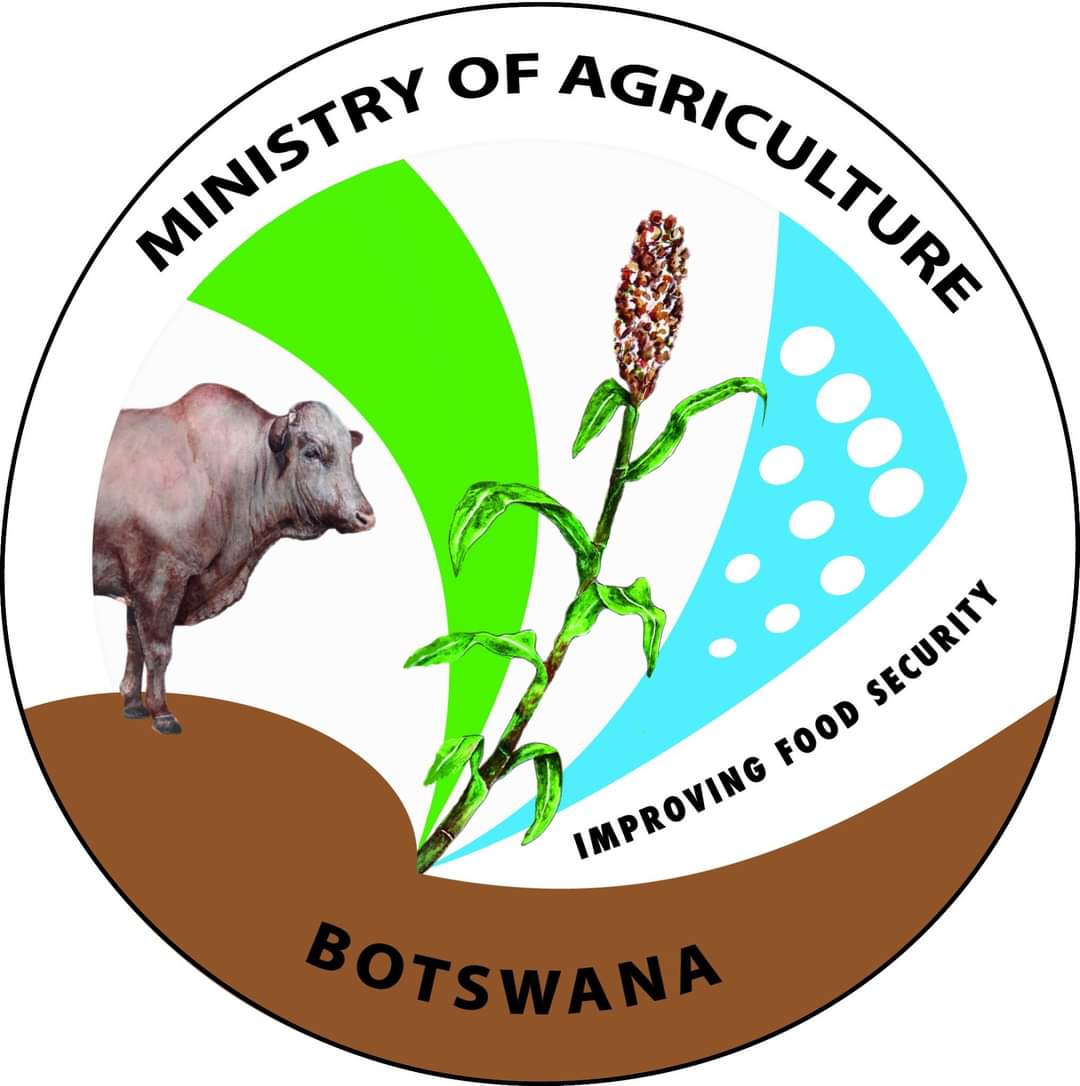Botswana, a landlocked country in Southern Africa renowned for its vast Kalahari Desert and diverse wildlife, is grappling with an acute environmental crisis exacerbated by consecutive years of severe drought and intensified by El Niño weather patterns. This ongoing challenge has precipitated a significant decline in agricultural productivity, severely impacting food security, nutrition, and socio-economic stability across the nation.
The agricultural sector in Botswana, predominantly rain-fed and crucial for rural livelihoods, has borne the brunt of these adverse climatic conditions. With diminished rainfall and prolonged drought, crop yields have plummeted, posing a dire threat to food production. Subsistence farmers, who constitute a substantial portion of the rural population, are particularly vulnerable, facing diminished incomes and heightened food insecurity. The scarcity of water for irrigation exacerbates the situation, restricting the ability to cultivate crops effectively.
The ramifications extend beyond agriculture to broader socio-economic realms. Livestock farming, a cornerstone of rural economies in Botswana, faces acute challenges due to depleted pasturelands and scarce water resources. Livestock losses are increasing, threatening not only food supplies but also the economic stability of rural households dependent on livestock for income and sustenance.
Immediate and concerted action is imperative to mitigate the devastating impacts of drought on Botswana’s communities. Swift measures are required to alleviate food shortages through emergency relief programs and support for farmers. Providing supplementary feed for livestock is critical to sustain their health and productivity amid dwindling grazing lands. Safeguarding water supplies, both for human consumption and agricultural use, is paramount. Investment in water conservation and management initiatives is essential to ensure sustainable access to water resources during prolonged dry spells.
Enhancing resilience against future droughts involves not only immediate relief efforts but also long-term strategies to diversify livelihoods and strengthen community resilience. This includes promoting alternative income-generating activities and improving access to markets for agricultural produce.
In response to the escalating crisis, Botswana’s government has initiated drought relief measures targeting the agricultural and livestock sectors. These measures encompass provision of emergency fodder, financial support for affected farmers, and veterinary assistance to mitigate livestock losses. Efforts are also underway to monitor and address rising mortality rates among livestock, a critical indicator of the severity of the drought’s impact on rural communities.
Botswana’s current predicament underscores the urgent need for regional cooperation and international support to confront the escalating environmental crisis exacerbated by El Niño and persistent drought. Effective drought mitigation strategies, coupled with sustainable agricultural practices and community resilience-building efforts, are pivotal to safeguarding food security, livelihoods, and socio-economic stability in the face of climate change-induced challenges.
As Botswana navigates these critical junctures, concerted efforts are essential to ensure that vulnerable populations receive the necessary support to withstand and recover from the debilitating effects of prolonged drought and environmental adversity.










